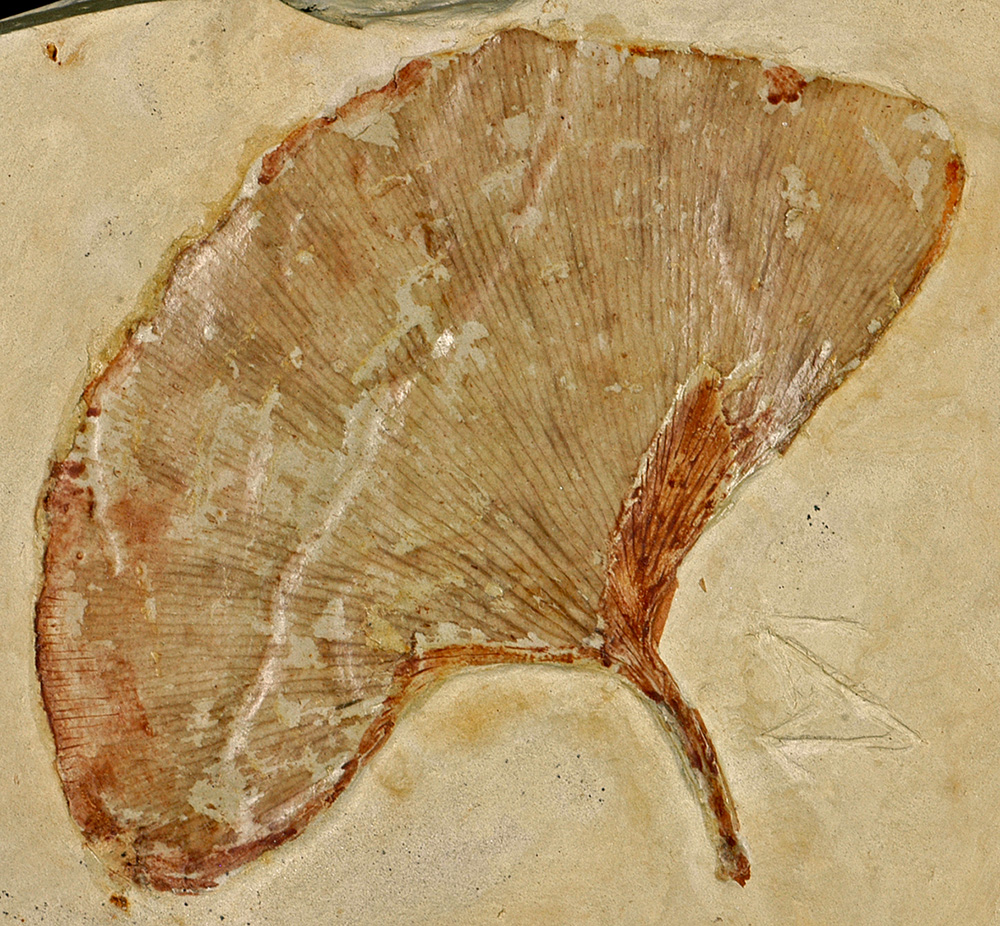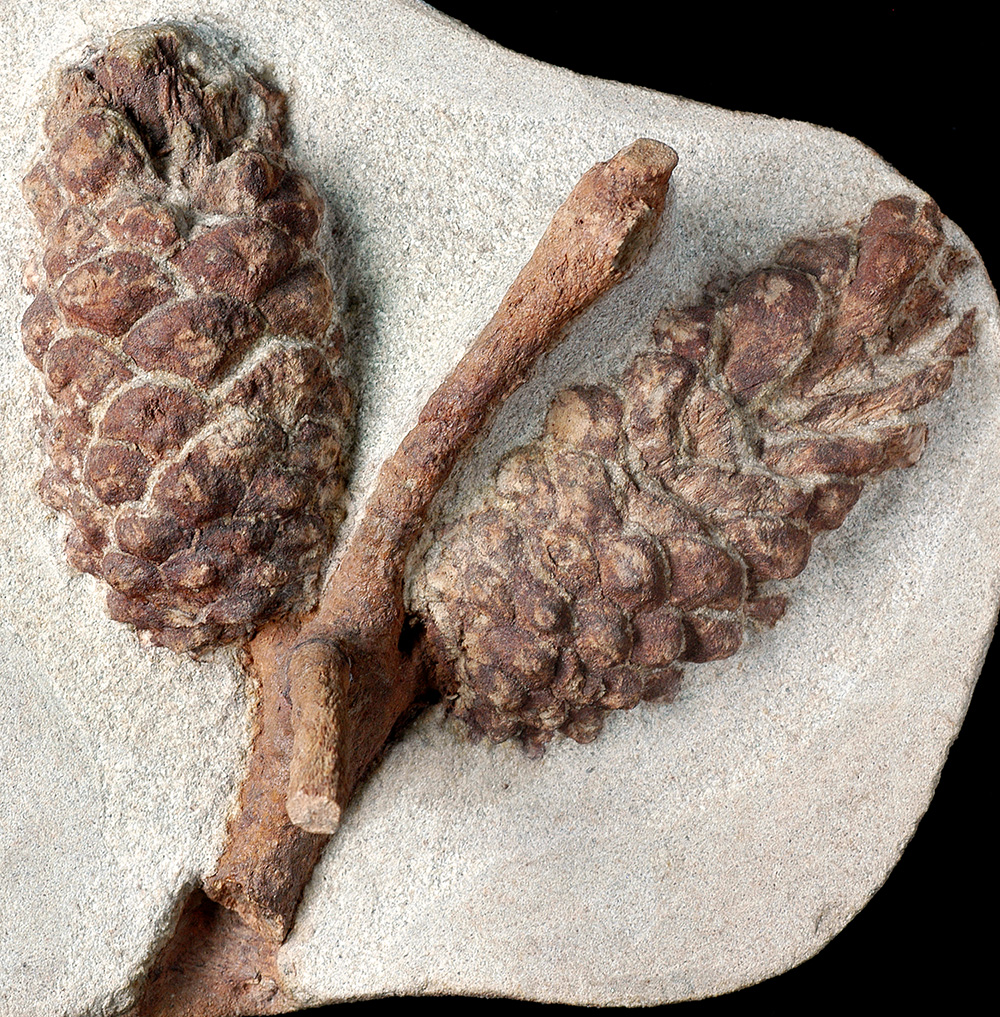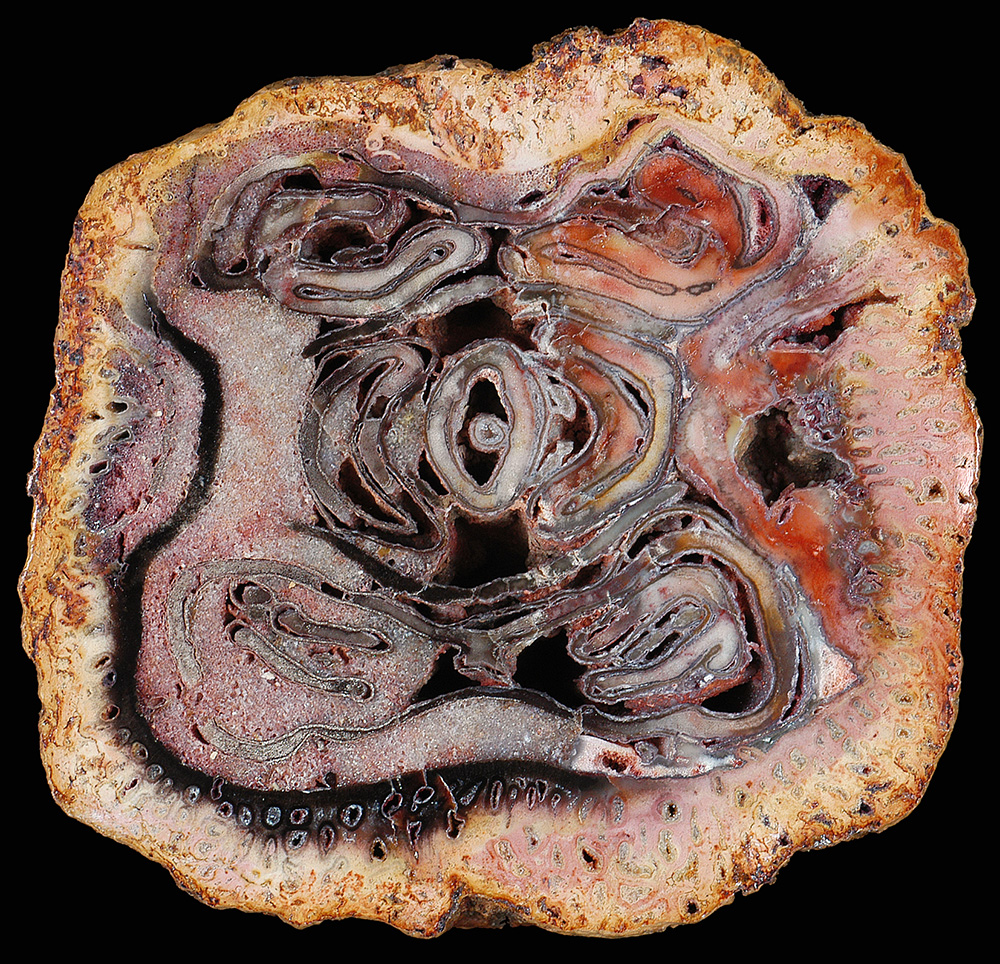Palaeobotany
Palaeobotany deals with the fossilised remains of vegetation from the geological past. Both macroremains (e.g. imprints of leaves, seeds, silicified wood) and microscopic fossils (e.g. spores, pollen grains) and traces (e.g. chemical signals in the rock) are used to reconstruct the appearance and biology of early plants and their palaeoenvironment as well as their palaeogeographic distribution, stratigraphic range and significance, evolution and palaeodiversity, and to elucidate the interactions of plants and vegetation with abiotic (e.g. climate) and biotic (e.g. predators) conditions in fossil ecosystems. The focus of palaeobotanical research in Munich is on microorganisms (cyanobacteria, algae, fungi) and the various forms of their coexistence (symbioses) with each other and with land plants in Devonian and Carboniferous terrestrial ecosystems.


